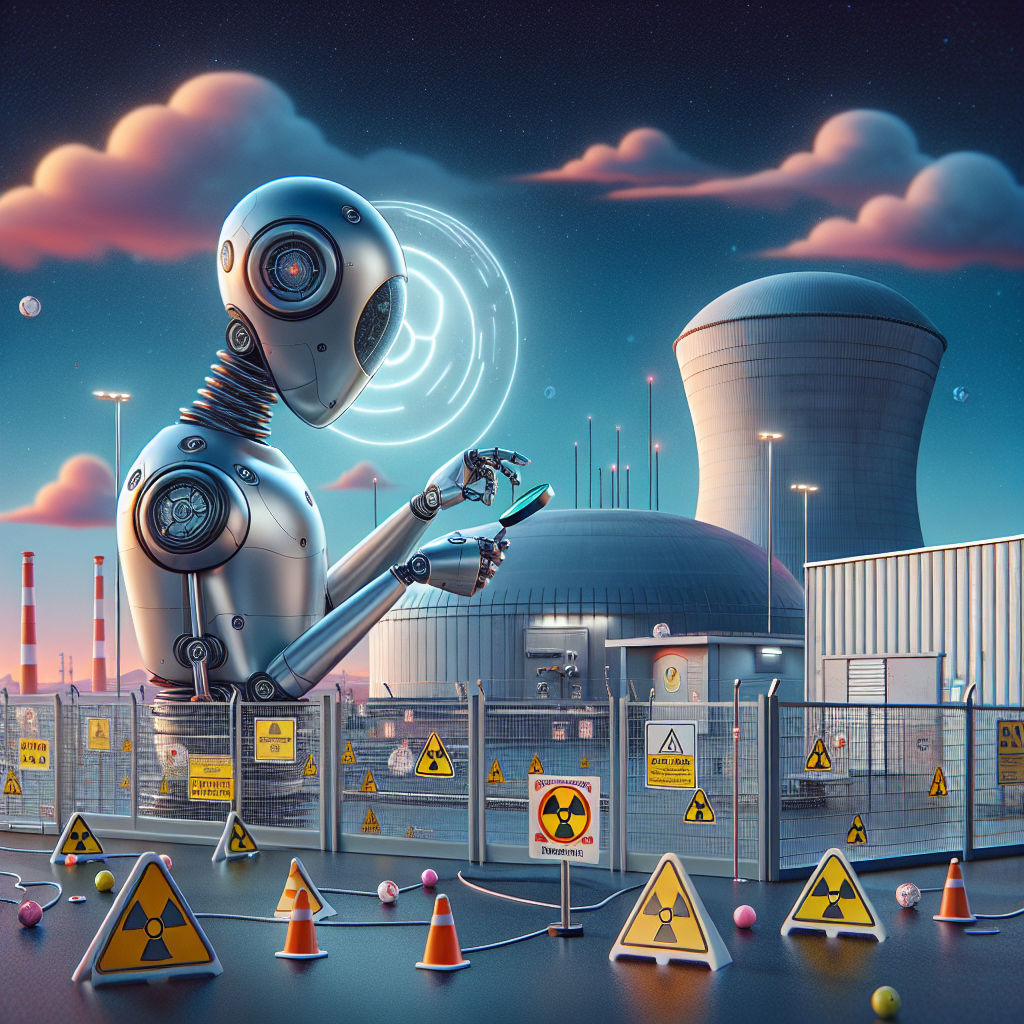Liberia Accelerates Accession to Nuclear Safety Treaties Following IAEA Intervention
Swift action by the IAEA prevented a potential radiological incident from disrupting Liberia's main hospital, highlighting the need for enhanced nuclear safety measures.

Liberia has taken significant steps to expedite its accession to nuclear safety treaties after experts from the International Atomic Energy Agency (IAEA) successfully addressed a radiological incident at the John F. Kennedy Medical Centre in Monrovia. The crisis began in May 2024 when staff detected an unidentified radioactive source in a maintenance room, raising concerns about potential disruptions to patient care.
Recognizing the urgency of the situation, the Environmental Protection Agency of Liberia reached out to the IAEA’s Incident and Emergency Centre (IEC) for immediate assistance. If left unmanaged, the radioactive source could have severely impacted hospital operations, jeopardizing the health of thousands of patients.
In response, the IAEA deployed a specialized fact-finding mission team, which arrived in Monrovia on May 21. By the following day, the team had secured the source, allowing the hospital to continue its essential services without interruption. The radioactive material was identified as Caesium-137, an artificially produced radionuclide commonly used in medical applications, likely originating from a decommissioned brachytherapy machine.
Florian Baciu, IAEA Response System Coordinator, emphasized that emergencies can arise even from relatively minor incidents if appropriate resources and training are lacking. “International assistance is therefore available to any State which requires it, to mitigate the impact of a nuclear or radiological emergency,” Baciu stated.
Liberia's request for assistance was facilitated through the operational framework of the Convention on Assistance in the Case of a Nuclear Accident or Radiological Emergency, which Liberia joined along with five other IAEA legal instruments during the IAEA 68th General Conference. This agreement reinforces the collaborative efforts between state parties and the IAEA to provide swift support during emergencies.
The IAEA team conducted a comprehensive radiation survey during their mission, confirming the identity of the source and safely removing it from the hospital’s maintenance area. They secured the radioactive source in a shielding container and transported it to a secure location. The assessment determined that the risk of health exposure to hospital staff or the public was extremely low, alleviating concerns and misinformation surrounding the incident.
Emmanuel K. Urey Yarkpawolo, Executive Director of the EPA, remarked on the IAEA's commitment to fostering nuclear safety frameworks and supporting member states in managing their unique challenges. He noted, “The prompt assistance provided by the IAEA not only addressed immediate concerns but also emphasized the importance of a proactive approach to nuclear safety.”
Moving forward, the IAEA and the Liberian EPA will collaborate to ensure the safe and secure use and disposal of all radioactive sources in the country. Planned initiatives include establishing a national registry of radiological sources, providing training for local experts, improving facilities for nuclear and radiological emergencies, and enhancing overall capabilities in managing radioactive materials.
The IAEA is committed to supporting Liberia through its technical cooperation programs, which will provide ongoing training and resources to bolster the country’s nuclear safety infrastructure.










